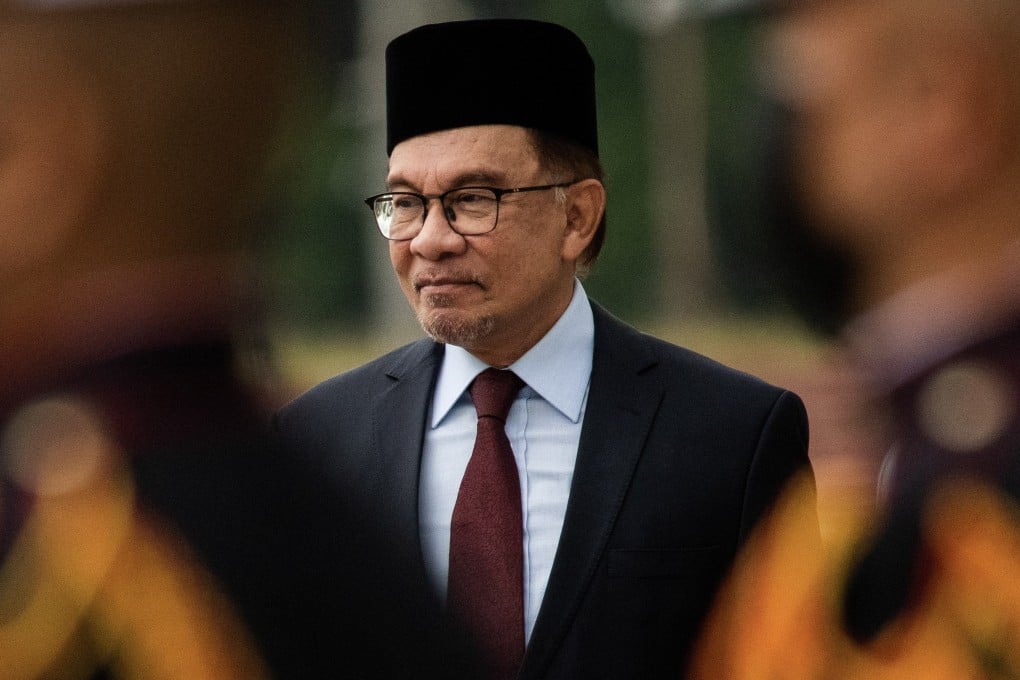Advertisement
Explainer | Anwar Ibrahim’s first 100 days: the hits, misses and roadblocks ahead for Malaysia’s PM
- His efforts to restore some political stability and implement policies to aid post-pandemic economic recovery have been broadly welcomed by the public
- But it was not all a bed of roses for Anwar, who spent the past 20 years trying to win the premiership and faces crucial state elections later this year
Reading Time:3 minutes
Why you can trust SCMP
3

It has been a busy first three months for Malaysia’s Anwar Ibrahim, as the prime minister hit the ground running to meet the demands of a nation wracked by an extended period of political upheaval and the ravages of the Covid-19 pandemic.
Anwar, 75, has faced an intense period of juggling between the need to restore some sense of political stability in his nascent administration, and implementing policies to help economic recovery especially among vulnerable groups who have yet to recover their footing as the country – and the world – return to normalcy after years of debilitating lockdowns and pandemic curbs.
The leader’s efforts were broadly welcomed by the public, securing a 68 per cent approval rating in a survey published in February by independent pollster Merdeka Center, but it was not all a bed of roses for Anwar who spent the past 20 years trying to win the premiership.
Advertisement
We list some key developments that have, or will, leave a mark on Anwar’s tenure.
Signed, sealed, delivered
Coalitions and parties that formed Anwar’s “unity government” formally signed an agreement of cooperation in mid-December, granting the prime minister control of two-thirds of the 222-seat parliament – the first administration to secure a supermajority since 2004.
Advertisement
Select Voice
Select Speed
1.00x